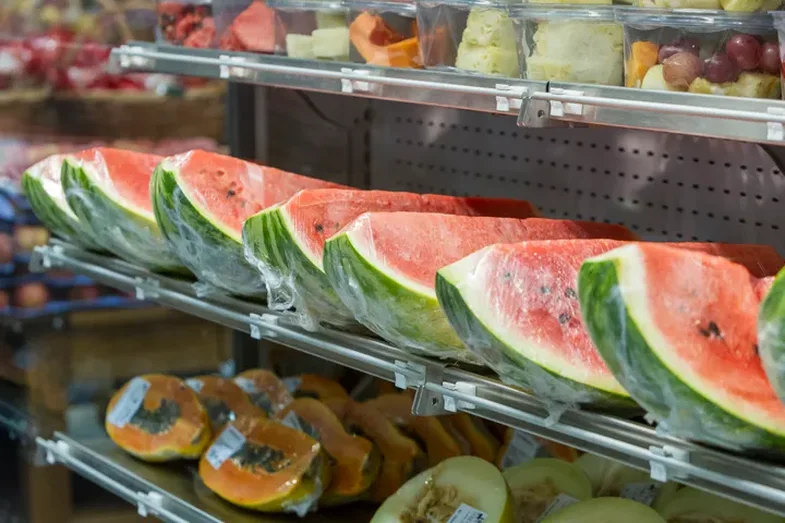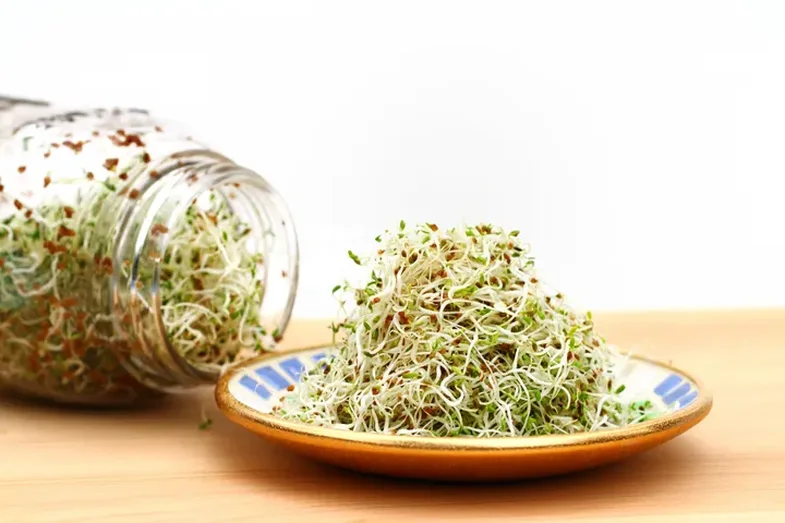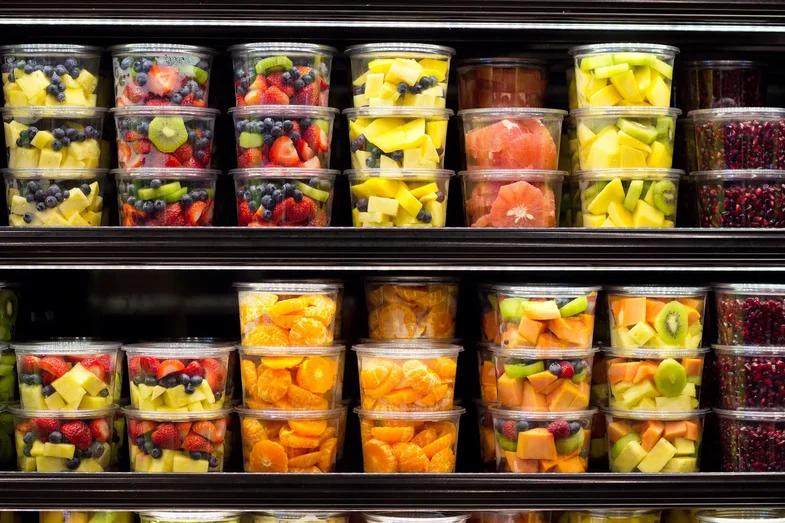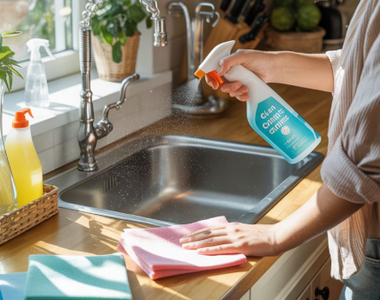
Good, fresh food should not only satisfy the senses of taste, but at the same time it should be a guarantee for the standards of food values, those of product preservation, sales method, etc. Cut fruits, unpasteurized milk, foods that are served in supermarkets without the guarantee of food safety, can be a source of contamination and a threat to the health of consumers, as they can be filled with bacteria such as salmonella or E. coli. Food safety experts talk about the four products you should never buy in supermarkets and here are the reasons why:
Unpasteurized milk
Known as raw milk, this means that this product has not gone through a heating process that kills pathogens, extends shelf life and makes the drink safer for consumption. As a result, raw milk can be filled with harmful germs like salmonella, E. Coli or listeria that are the source of illness.

Products that have sprouted
According to experts, you should not stay away from vegetables (beetroot or cabbage), but there are some of them that can sprout, that is, sprout even while staying in the supermarket. This food can be a source of harmful bacteria such as E. coli and salmonella, so it is important to wash it before consuming it. The possibility of contamination occurring is not that great, but it is more of a moderate risk, so experts suggest avoiding buying them in markets.

Ushqime të prera
“Nëse do të hani produkte të prera paraprakisht, keni të njëjtin rrezik helmimi si me të gjitha ushqimet e tjera,” tha kimisti Dr. Bryan Quoc Le. Kjo sepse ju nuk e dini se çfarë ka bërë shitësi pas banakut gjatë prerjes së ushqimeve dhe çfarë praktikash zbaton. Ushqimi i paketuar, sipas ligjit, duhet të kalojë nëpër një proces të rreptë, por ushqimi që shitet i hapur dhe i prerë paraprakisht është shumë i rrezikshëm. Ekspertët thonë që gjithçka duhet të lahet përpara konsumit dhe të ruhet në frigorifer për të garantuar standardet e sigurisë.
Ushqime të nxehta
When it comes to places where hot food is sold or served, experts tend to look at the conditions in which the prepared food is stored over what is actually served. Rule number one: All food must be kept at a normal temperature to eliminate the possibility of contamination. Another detail that should be considered is the place, where experts make sure that the glass where it is served is clean and avoids direct contact with buyers, who may cough or sneeze in front of the dishes.
Source: Huffpost





